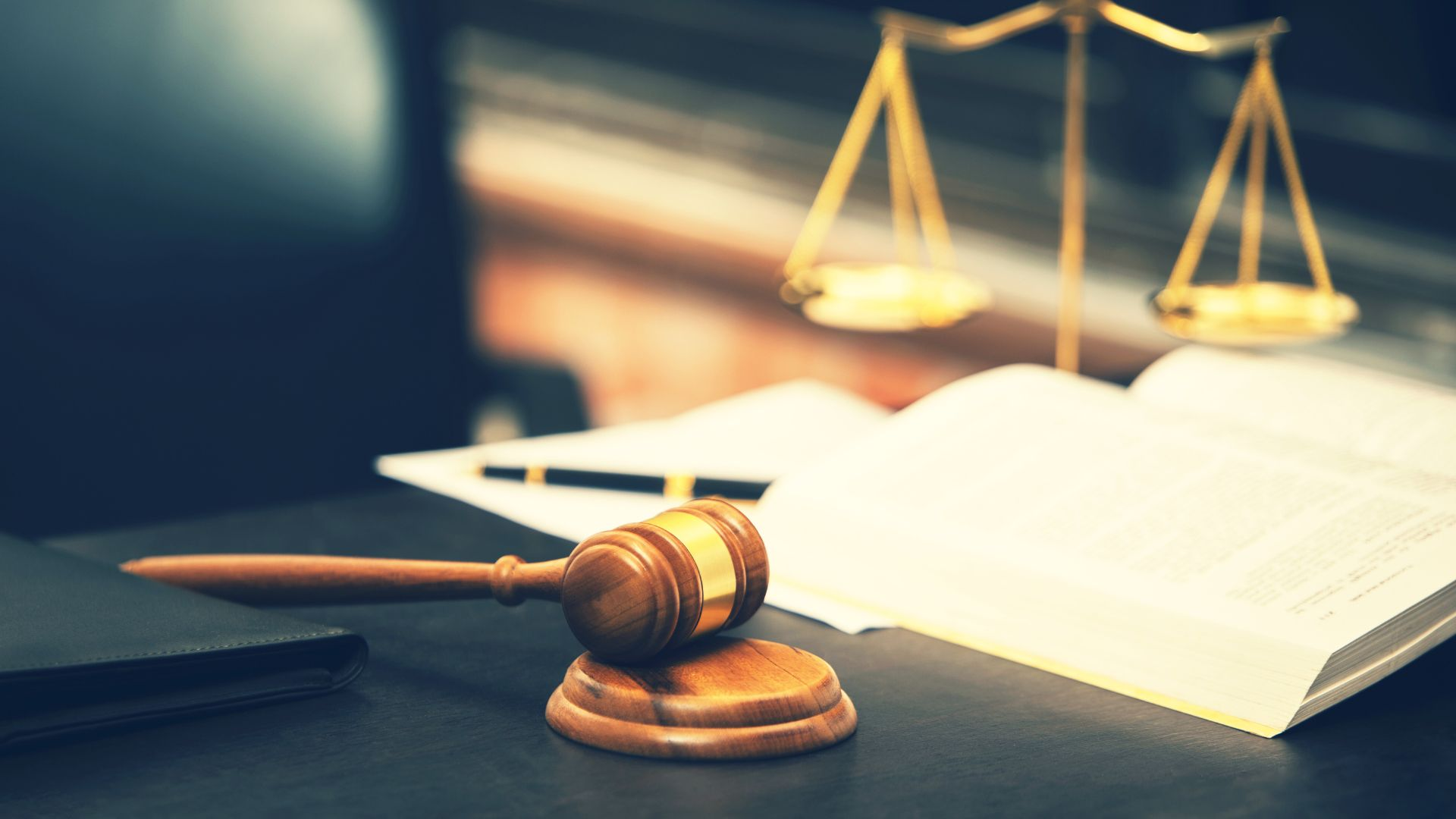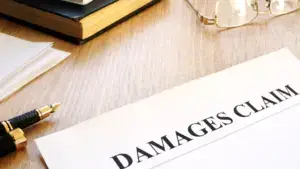When you hear about someone winning a massive lawsuit, like millions of dollars above their actual losses, you’re probably hearing about exemplary damages. But what exactly are they? And more importantly, could they apply to your case?
At West Coast Trial Lawyers, we believe in empowering our clients with real knowledge, not just vague legal jargon. So let’s break it down in plain English: what are exemplary damages, when do they come into play, and why do courts award them?
What Is the Meaning of Exemplary Damages?
Exemplary damages, otherwise known as punitive damages, are a form of remedy focused on punishing the wrongdoer and setting them an as example. Unlike compensatory damages (which cover things like medical bills, property damage, lost wages, or emotional distress), exemplary damages are awarded to send a message. They go above and beyond what you actually lost. The goal? To punish the defendant and deter others from doing the same thing.
Think of it like this:
- Compensatory damages = “Make the victim whole again.”
- Exemplary damages = “Make sure this never happens again.”
These damages are usually reserved for extreme behavior, stuff that goes way beyond simple negligence.
What Kind of Behavior Justifies Exemplary Damages?
Let’s be clear: not every accident or injury case qualifies for exemplary damages. These are rare and only awarded when the defendant’s actions are truly outrageous. Here are a few situations where courts may consider exemplary damages:
Fraud or Deception
If someone knowingly lies, hides facts, or manipulates a situation to harm another person financially or emotionally, that could trigger exemplary damages. For example, a business that hides safety defects in a product and someone gets hurt? That’s fraud and potentially punishable.
Intentional Harm
Think assault, abuse, or road rage that leads to a crash. If someone meant to hurt you, exemplary damages are on the table.
Gross Negligence or Reckless Indifference
This is big in personal injury cases. If a company or person knew their actions were likely to hurt someone and did it anyway—or didn’t bother to fix a known danger—they could be hit with punitive damages due to gross negligence
Example: A drunk driver with multiple DUIs who crashes into you. That’s not just a mistake, it’s reckless, dangerous behavior the court might want to make an example of.
Exemplary Damages in California: The Legal Standard
In California, exemplary damages are governed by Civil Code Section 3294. Under the law, you must prove the defendant acted with:
- Malice– Intent to harm someone or conduct done with conscious disregard for someone’s safety.
- Fraud– Intentional misrepresentation, deceit, or concealment with the intent to deprive someone of property or legal rights.
- Oppression– Despicable conduct that subjects a person to cruel and unjust hardship in conscious disregard of their rights.
But here’s the key: you need clear and convincing evidence. That’s a higher standard than regular “preponderance of evidence.” You can’t just show it probably happened—you have to show it almost definitely did.
How Much Are Exemplary Damages Worth?
There’s no fixed amount. The court will consider factors like:
- The severity of the misconduct
- The defendant’s financial situation
- How much was awarded in compensatory damages
- Whether the amount is enough to actually deter future misconduct
In some cases, we’ve seen punitive damages be 2, 5, even 10 times the amount of compensatory damages, especially if the defendant is wealthy or a large corporation.
However, the U.S. Supreme Court has suggested that excessive ratios (like 50:1) may violate due process. So while there’s no hard cap, courts do try to keep things reasonable but still impactful.
How Are Exemplary Damages Awarded?
Here’s how it typically works:
- The Jury First Decides Compensatory Damages:
They figure out what you’re owed based on actual losses.
- Then, They Consider Exemplary Damages (If Applicable):
If you’ve proven malice, fraud, or oppression, the jury can award additional damages purely to punish and deter.
- The Judge Has Final Say:
Even if a jury awards exemplary damages, a judge can reduce or eliminate them if they’re deemed excessive or unsupported by the evidence.
This is why having a skilled trial attorney can make or break the outcome. We know how to build the right narrative, present the strongest evidence, and win both compensatory and punitive damages when justified.
When Should You Talk to a Lawyer About Exemplary Damages?
If you suspect that your injury, loss, or trauma wasn’t just a “bad accident” but the result of something intentional, reckless, or downright abusive… you need to talk to a lawyer.
Why? Because proving exemplary damages requires:
- Digging into the defendant’s intent or knowledge
- Investigating past behavior or policies
- Building a case with expert testimony and hard evidence
It’s not something most people can handle alone. That’s where we come in. We know what to look for, how to prove it, and how to push for the maximum compensation you deserve.
Need Legal Help? West Coast Trial Lawyers is Here
Were you injured by someone else’s negligence or careless acts of malice? If you think your case might qualify for exemplary damages or you just want to understand your options let’s connect.
Call West Coast Trial Lawyers today at (213) 927-3700 or use our online contact form for a free consultation. We don’t charge upfront. You don’t pay unless we win. Simple, honest, and effective.
Frequently Asked Questions About Exemplary Damages
Are Exemplary Damages Guaranteed in Every Lawsuit?
No. They’re only awarded in cases involving malice, fraud, or oppression and you need clear and convincing proof.
Can I Get Punitive Damages in a Car Accident Case?
Yes, but only if the driver’s behavior was extremely reckless, like DUI, intentional harm, or fleeing the scene.
Is There a Cap on Exemplary Damages in California?
There’s no official cap, but awards must be reasonable. Courts may reduce excessive punitive damages.
How Do I Prove Malice or Fraud?
Through strong documentation, expert testimony, witness statements, and a skilled legal team connecting the dots.
Do Corporations Fear Exemplary Damages?
Absolutely. They hit reputations hard—and financially too. That’s why big cases often settle when punitive damages are a real risk.















































































